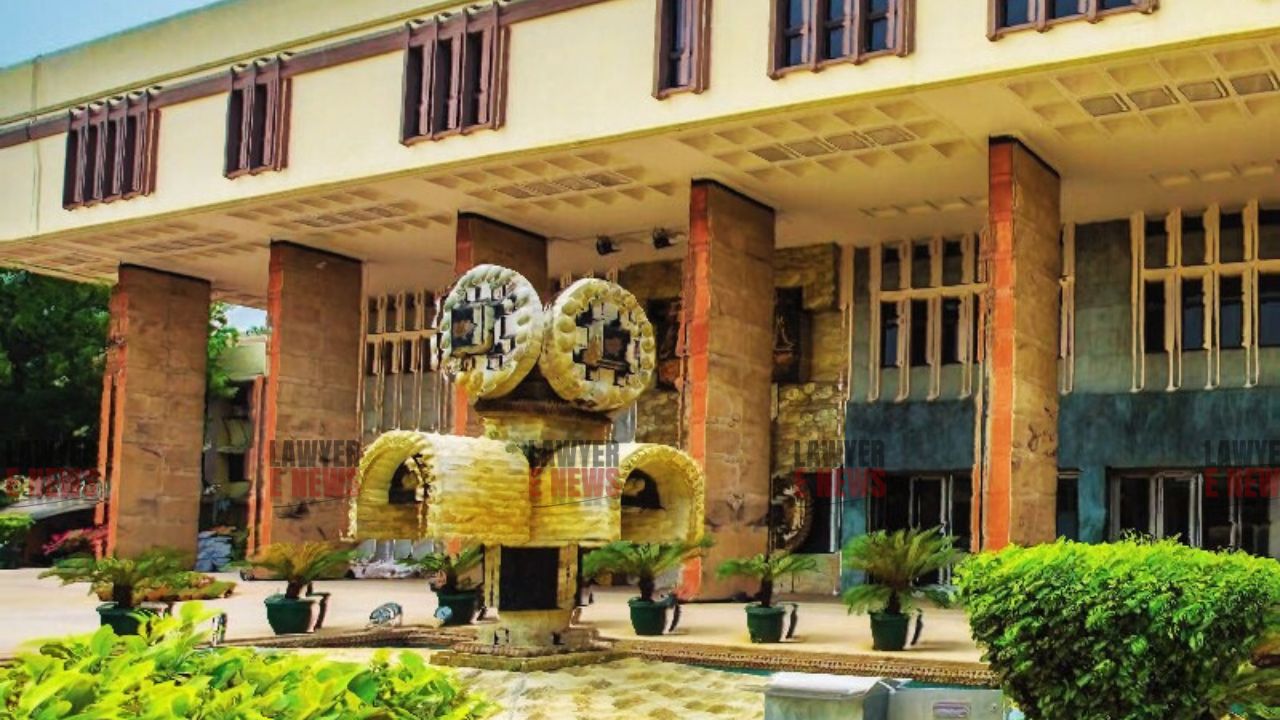-
by Admin
15 February 2026 5:01 PM



In a significant ruling Delhi High Court upheld the framing of charges under Section 64(2)(m) of the Bharatiya Nyaya Sanhita, 2023 (BNS) against a man accused of rape on the false promise of marriage, observing that consent obtained through deception about a material fact, such as the accused’s marital status, is not valid consent.
Justice Swarana Kanta Sharma, while dismissing Criminal Revision Petition No. 4 of 2025, held: "When a woman is induced into a sexual relationship based on a promise of marriage, and it is later found that the promise was false from the very outset, the consent obtained is vitiated. The law does not condone deceit as a means to exploit trust and bodily autonomy."
The petitioner, Himanshu Singla, had challenged the order of the Additional Sessions Judge, Dwarka Courts, framing charges against him under Section 64(2)(m) of BNS (corresponding to Section 376 IPC), arguing that the prosecutrix was a consenting party and aware of his marital status. The Court, however, rejected his plea, ruling that whether the accused had a mala fide intent and whether the prosecutrix’s consent was vitiated are matters that require full trial and cannot be decided at the charge stage.
False Promise of Marriage: Court Holds That Deception About Marital Status Vitiates Consent
The prosecutrix, a divorcee, alleged that she had entered into a sexual relationship with the accused after he falsely promised to marry her. According to the complaint, she only discovered later that the accused was already married, and when confronted, he apologized and assured her that he would leave his wife. The prosecution argued that the accused continued to engage in sexual relations with her, falsely reassuring her of marriage, thereby inducing consent through deception.
The Court analyzed the nature of consent in cases of false promise of marriage and observed: "The law does not criminalize every broken promise of marriage. However, when a person knowingly induces another into a sexual relationship by making a false representation about a material fact—such as their ability or intention to marry—such inducement vitiates consent under the law."
The Court relied on the prosecutrix’s statement under Section 183 of the Bharatiya Nagarik Suraksha Sanhita, 2023 (BNSS) and noted: "The prosecutrix’s claim that she obtained a divorce solely based on the assurance given by the accused lends credence to the argument that her consent was premised on a fundamental misrepresentation."
Dismissing the petitioner’s contention that the prosecutrix was already married and should have known she could not legally marry him, the Court held: "The prosecutrix is not a legally trained person, and she may have genuinely believed that her notarized divorce affidavit legally dissolved her previous marriage. The accused’s continuous assurances of marriage, despite knowing his own legal incapacity, require full examination at trial."
The ruling underscores the principle that misrepresentation about marital status can constitute deception, making the sexual act non-consensual in the eyes of the law.
Court Rejects Plea of Alibi, Holds That Factual Determinations Must Be Made at Trial
The petitioner claimed that he was not present at the scene of the alleged incidents, citing toll receipts and mobile location data. He further questioned the credibility of the prosecutrix’s claims, arguing that she was in continuous contact with him and his wife, indicating a consensual relationship rather than coercion.
Rejecting these contentions, the Court held: "A plea of alibi is a factual defense that requires full trial. At the charge stage, the court is only required to ascertain whether there is strong suspicion against the accused, not to conduct a mini-trial evaluating his defense."
The Court emphasized that defenses such as alibi, contradictions in statements, or alternate theories of the relationship must be tested through cross-examination and proper evidentiary analysis during trial.
"Strong Suspicion, Not Proof Beyond Reasonable Doubt, is Sufficient for Framing Charge" – Court Applies Settled Law on Charge Framing
The High Court reiterated the well-settled principle that at the stage of framing charge, the standard is not proof beyond reasonable doubt, but merely whether a strong suspicion exists that the accused committed the offense.
Referring to Manendra Prasad Tiwari v. Amit Kumar Tiwari, 2022 SCC OnLine SC 1057, the Court stated: "At the stage of framing charge, the court does not conduct a detailed examination of evidence. If the material on record raises a strong suspicion of guilt, the matter must proceed to trial."
Further citing Bhawna Bai v. Ghanshyam, (2020) 2 SCC 217, the Court emphasized: "Strict standard of proof is not required at this stage; only prima facie material establishing the ingredients of the offense is necessary."
Applying these principles, the Court concluded that: "The prosecutrix’s allegations, coupled with her recorded statement and medical examination, make out a prima facie case. Whether her allegations withstand scrutiny will be determined at trial, not at this preliminary stage."
Accordingly, the Court upheld the framing of charges under Section 64(2)(m) of BNS, rejecting the plea for discharge.
Court Dismisses Petition, Allows Trial to Proceed
Dismissing the revision petition, the Court upheld the Sessions Court’s order framing charge against the petitioner, though on modified reasoning. The Court directed that the trial should proceed uninfluenced by any observations made in this order and clarified: "This Court is not making any final determination on the guilt or innocence of the accused. The trial court shall decide the case purely on merits, based on the evidence presented before it."
By this ruling, the Delhi High Court reaffirmed the legal position that deception in obtaining consent—particularly regarding marriage—can constitute rape under Section 64(2)(m) of BNS. The judgment sets a crucial precedent in cases involving false promises of marriage and misrepresentation of marital status, ensuring that victims of deception are not denied justice merely because of procedural defenses raised at the charge stage.
Date of Decision: January 29, 2025
